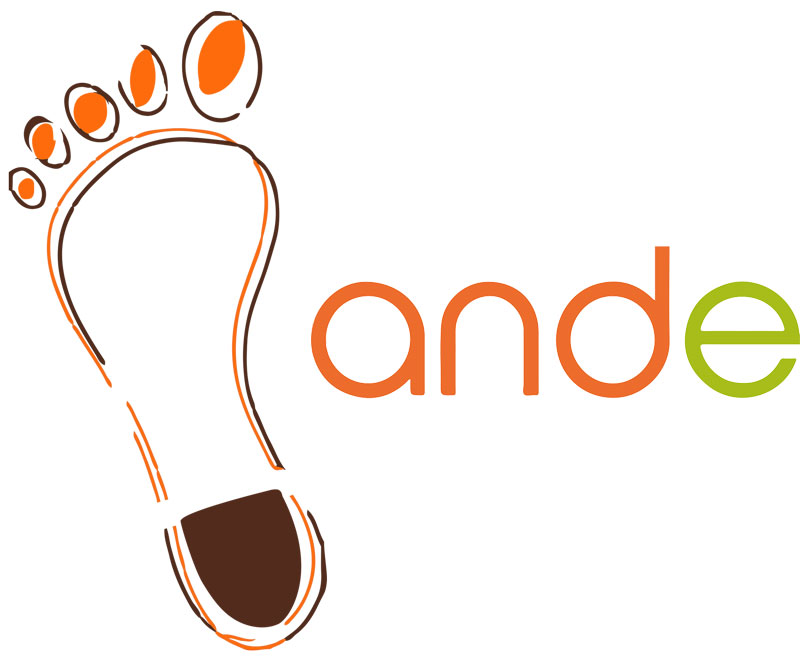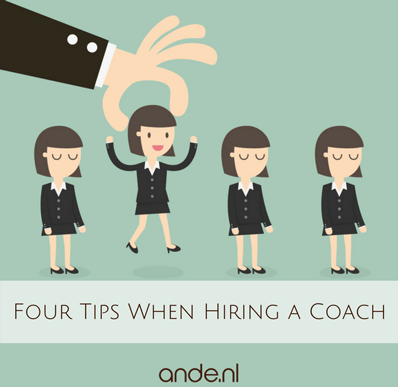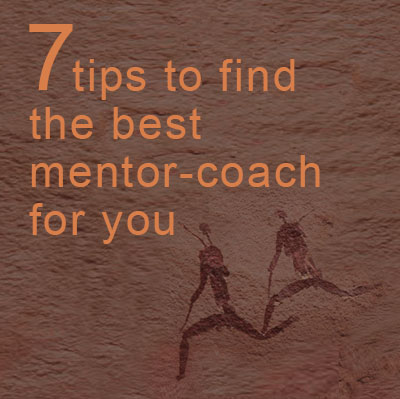Coaching is a profession, just like medicine, architecture or anthropology. Would you hire an architect who woke up one morning and decided to start building houses? One who has not been educated as an architect? It is important that the architect knows about building structures, foundations, materials and uses of buildings. This knowledge is important if you do not want your building to collapse.
With coaching it works the same way. A coach needs to understand the coaching fundamentals, when and how to use coaching models, trust his/her intuition and know who they can or cannot coach. Coaches should have a clear set of norms and values, abide by a code of ethics and master core competencies.
You would not hire a plumber who was not qualified. The same goes for when you hire a coach. So ask about credentials, and what does he/she does for continuing education.
Tip 1:
During the initial meeting with a coach not only ask questions regarding his or her credentials and beliefs but also ask questions about the real person behind the coach. About who they are.
Tip 2:
Find out how the coach will support you during the difficult moments and how will you be empowered to grow.
Tip 3:
Remember coaching is about trust, openness, inner wisdom and empathy. There must be a kind of click between you. Make sure you talk about confidentiality, too. If someone else is paying for your sessions (your boss) make sure you discuss how and what is going to be shared with third parties
Tip 4:
Last but not least, talk about agreements: financial and coaching agreements. Usually, professional coaches have their own contract, make sure you agree with it and add your own wishes if you have them.
Contract and Agreements
I will not spend too much time discussing contracts and agreements but I feel it important to share some information on the subject should you ever hire a coach.
Most professional coaches will have a standard contract, where they include information about coaching protocol, setting agendas, cancellations, payment agreements and so on. Some coaches will include the agreed coaching question in the contract; others will make two different agreements; one for the coaching question and one for the rules. Make sure you read the contract and ask the coach to add your wishes too. Most contracts are to protect the coach but the client also has rights and responsibilities.
I like to differentiate between the contract, the working protocol and the coaching question agreement. I keep them separate because coaching is an ongoing process and the coaching question might change or have to be refined along the way. By having the two separate you add flexibility to the process. Another reason for keeping them separate arises when the coaching programme is paid for by a third party. In these cases things should be kept as confidential as possible and the coaching question is something that should only involve the coachee and the coach.
You want to know more about what coaching can do for you, agreements and coaching programmes? just drop me a note: edmee@ande.nl



 Edmée is a Professional Certified Coach (PCC) and a Certified Mentor Coach with over 15 years of broad international experience supporting coaches to prepare for ICF certifications and individuals with their personal growth. Her trademark course
Edmée is a Professional Certified Coach (PCC) and a Certified Mentor Coach with over 15 years of broad international experience supporting coaches to prepare for ICF certifications and individuals with their personal growth. Her trademark course